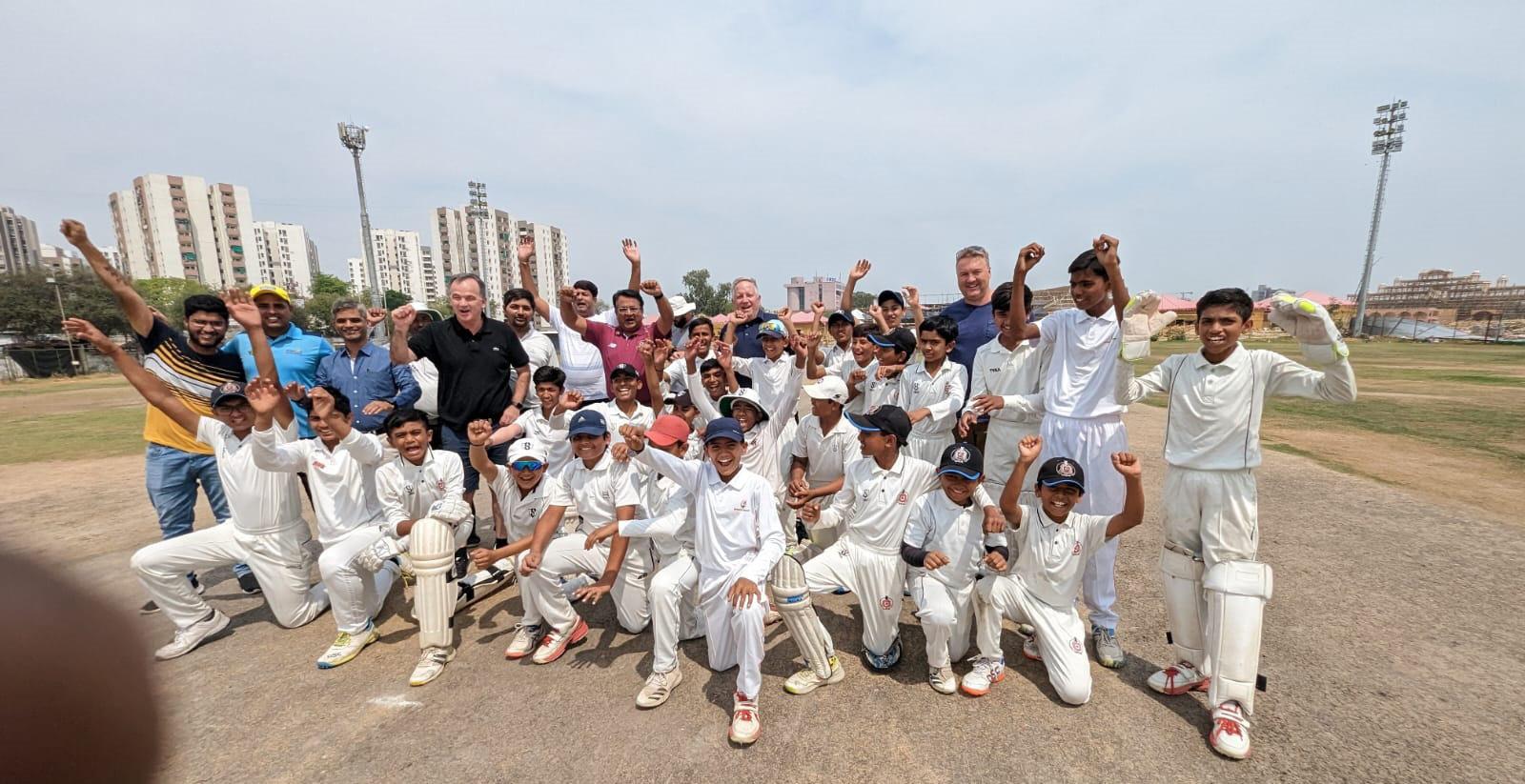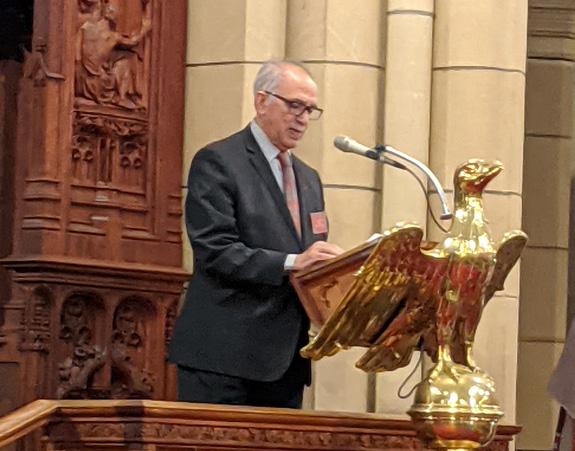
3 minute read
MARDI GRAS 2023
This Mardi Gras was coveted as years of the COVID-19 pandemic stalled the celebrations on the streets of Sydney. Anthony Albanese immortalized his name as the first prime minister of Australia when he marched with the LGBTQIA+ community at the 45th annual Sydney Gay and Lesbian Mardi Gras and gave us reasons to celebrate and reflect simultaneously. Since 1978, only 45 years after it was first held in Australia, could the nation’s prime minister show such solidarity with the LGBTQIA+ community.
Advertisement
From people being arrested during the first Mardi Gras in 1978 to the NSW Police partaking in the parade in 1998, from the NSW Police and Government apologizing in 2016 for the persecution of the community in 1978 to the Australian Federal Police embracing the community at the recently held parade in Sydney, Australia has come a long way.
While the police’s act of arresting the members of the community in 1978 and divulging their details publicly led to immense social and mental harm culminating in suicides by some people whose details had been published in Sydney Morning Herald, the circumstances that the community finds itself in even today are at times precarious and vulnerable.

Many Australians still harbour homophobia. The attacks in early 2022 by teenage boys on gay men in Sydney, the suicide committed by a gay teenage boy in Brisbane in 2016 after horrendous abuse, the 2007 near-fatal street attack on gay partners in Sydney, the attacks on gay men throughout the 1990s and 1980s leading to murders and suicides in Australia or the shameful attack on Miss Universe Australia’s brother after the recently concluded Mardi Gras 2023, are testimonies to the fact that the mindset of hate towards the gay community is still creeping within our community despite numerous successful people throughout the world openly identifying with the community.
Ellen DeGeneres, Miley Cyrus, Sia, Sam Smith, Penny Wong, Vikram Seth, and Tim Cook among many others are just a few examples of influential people around the world who have proudly come out and added glitters to the colourful community.
But many still suffer in silence. The stigmatization of the community and their victimization by the society not only impacts them directly but also affects many other important aspects of their lives. First, it can affect their ability to earn and deteriorate their social standing. Second, it can impede their health outcomes due to the inability to avail of quality health services. Third, it can also severely hamper their mental abilities and lead them to life-threatening impulses such as consuming drugs and considering suicide. Lastly, societal pressures adversely affect their relationships which in turn impacts their ability to sustain long-term relationships.









